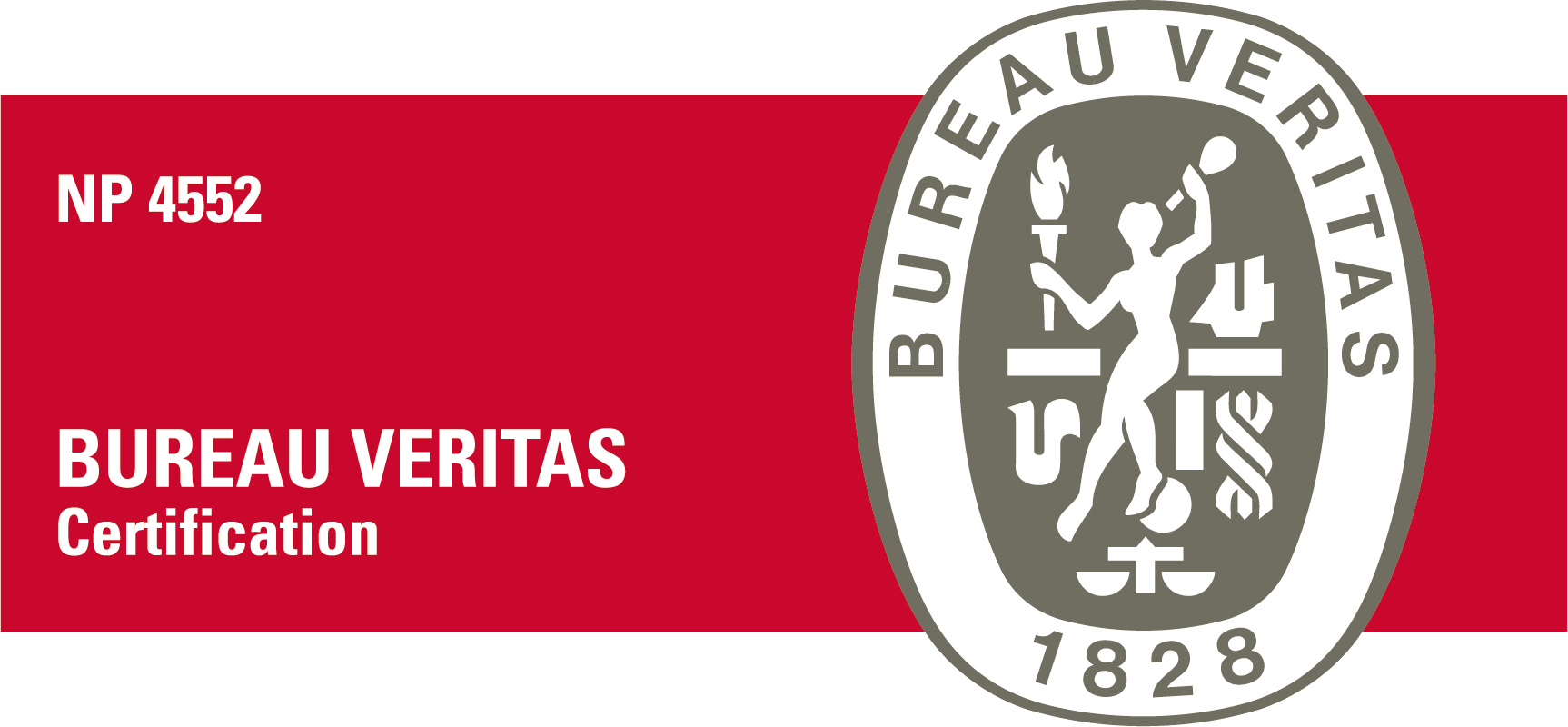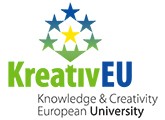CGEO - Centro de Geociências - Cluster de Quaternário e Adaptações Humanas
Principal Investigator of the Quaternary and Prehistory Group: Prof. Dr. Luiz Oosterbeek
Headquaters: CEPMA_IPT, ITM, Largo dos Combatentes, 6120-750 Mação
Luiz Oosterbeek, Responsável
IPT primarily secures, with ITM, the activities of the Quaternary and Prehistory Group and of the Geology, Environment and Human Behaviour thematic line.
CGEO has been evaluated as "Excellent" by the international evaluation panel of FCT.
Objetivos
CGeo focuses on the identification, transformation and use of geological raw materials, within the framework of sustainability. In doing so it identified fossil energy and climate and environment adaptations as its main expertise, considering its research record and the team involved. Meeting national and regional priorities, it addresses territorial cohesion and resources rationalization, with a strong attention both to internationalization and advanced research education.CGeos promotes research that contributes for nature understanding, from a multidisciplinary standpoint, innovating in the use of new tools, strategies and technologies addressed to the study of hydrosphere and geosphere (fossil energy), to technological applications to construction and metallurgy (geotechnology), to the understanding of past human adaptations and their recurrences (quaternary), to new approaches to sustainability (integrated landscape management) and to education and knowledge transfer (with cognitive and economic impacts). Papers, patents and models serve this set of general objectives. CGeo estimates to have a greater impact in fundamental and applied research as stated, with a significant impact on education (Postdoc, PhD and Master levels not only in Portugal but beyond) and on employment (the profile of the studies offers a high potential of employability, and the major economic activities in which CGeo is engaged energy, construction, metallurgy, heritage are all growing employment sectors in the world. Studies by CGeo will also contribute, even if as a side result, for the assessment of climatic modifications.
For the 2015-2020, the following specific objectives are defined:
1. Sedimentary Geology and Paleontology
Continue to deepen the knowledge on the macro and micro fossil record of the Paleozoic and Mesozoic, including the description of new species, namely the taxonomic studies of trilobite, graptolite, brachiopod, acritarchs and chitinozoans assemblages and ichnofossils from the lower Paleozoic. This study is to be conducted in Portugal, Spain, Morocco, Western Sahara, Jordan, Ethiopia, UK and USA.
- Pursue the study of Mesozoic assemblages of ammonites, benthic foraminifera and nannofossils, on collections from Portugal, Spain, Jordan and Ethiopia.
- Pursue the identification of fossil dinosaur assemblages in Portugal.
- Pursue the study of Cenozoic assemblages of brachiopods and foraminifera, respectively in Panama isthmus and in Angola.
- Detail the knowledge already achieved concerning the lower Paleozoic basins of the Iberian Peninsula, building a comprehensive understanding of the Ordovician, Silurian and Devonian paleobiogeography.
- Deepen the understanding of the Lusitanian basin, the geometry and provenance of its infills, integrating the approach to biotic and abiotic variables with external controls.
- Assessment of microfossils assemblages in West Africa (Benguela current).
- Identification of phitolites in quaternary lithic industries.
2. Past Human adaptations
- Technologies in lithic débitage (collections assessment and experimentation), establishing basic models of regional adaptation to raw materials and the environment. This project will be carried out in the Iberian Peninsula (Tagus basin), Angola, Namibia and Brazil (Santa Catarina, Rio Grande do Sul).
- Characterization of the human adaptations processes in betwwen MIS 9 and MIS 5.
- Selection and processing of raw materials and food in the transition into farming, looking at contexts in southern Europe, West and southern Africa and southern America.
- Collaboration with the Angola INPC (National Institute for Cultural Heritage) and MNA (National Museum of Archaeology) to further develop parallel assessments of the rock art and prehistoric settlement patterns in Tchitundu-Hulo (Namibe), Ebo (Kwanza Sul) and Sambo (Benguela).
3. Applied geosciences and knowledge transfer
- Continue to collaborate with the oil industry (Petrobras and Sonangol) on a stratigraphic approach to the hydrocarbon potential of the Lusitanian basin. This research, in collaboration with research groups from Lisbon, Salamanca, Zaragoza and Sergipe.
- Collaborating with the Angola INPC and MNA in consolidating a archaeological survey of Angola.
- Geotechnical studies of wastewater treatment plant sites and sewage pumping stations, in collaboration with the industries.
- Geotechnical analysis and characterization of terrains, assessing conditions for urban or other uses.
- Environmental geotechnology assessments (use of plants as bio-accumulators of metals, installation of wetlands for water cleaning, geophysics applied to hydrogeology, biomining, assessment of vulnerability of specific geological settings, etc.).
- Geophysical survey (groundwater resources, archaeology, building assessment, environment assessment).
- Rock art pigments database, focusing on processes of natural pigments prehistoric chemical manipulation, studying contexts from the Iberian Peninsula, Ethiopia, Angola, Namibia, Tanzania and Brazil.
- Generalization of the new protocols for prehistoric ceramics assessment, developed within CGeo and currently tested and applied in Brazil. This will be used in Portugal, Spain, Senegal and Angola.
- Increase the efforts to promote geoparks and other natural and cultural heritage structures (e.g. museums, interpretation centers), namely in articulation with the National Commission of UNESCO, the IGCP Committee in Portugal and the International Union of Prehistoric and Protohistoric Sciences. These projects, with a strong impact in tourism and in education, will continue and be reinforced in Portugal, Spain, Greece, Angola, Namibia, Tanzania, Ethiopia, Brazil and Costa Rica.
- Collaborating with the Angola INPC and MNA in the organization of the scientific dossier for the integration of the Tchitundu-Hulo (Namibe) cultural and natural landscape in the World Heritage List.
- Promote Integrated Landscape Management plans, rooted in geosciences and humanities, as discussed in Rio+20 and currently being applied in several contexts in Brazil.
- Underwater archaeological survey applied to contexts in Europe and southern America,
4. Education and Dissemination
- Develop new tools and strategies for science, technology and society interfaces. Major collaboration will be given to the national Commission of UNESCO and to the recently approved International Year for Global Understanding (led by the International Geographic Union and with a strong collaboration of CGeo).
- Collaboration with INPC and MNA to organize an international conference on the archaeology of Angola.
- Reinforce the collaboration between the MSc and PhD courses associated to CGeo, namely using the Erasmus Mundus label for the quaternary courses.
- Prepare a second international congress of geology of the Portuguese speaking countries.
Telefone - +351 241 571 307
E-mail - loost@ipt.pt
Gabinete - Gabinete do Diretor do ITM - Mação
Site - www.uc.pt/fctuc/ID/Geo/cgeo2015_2020
Horário de funcionamento
Dias úteis, das 9h00 às 17h30



























